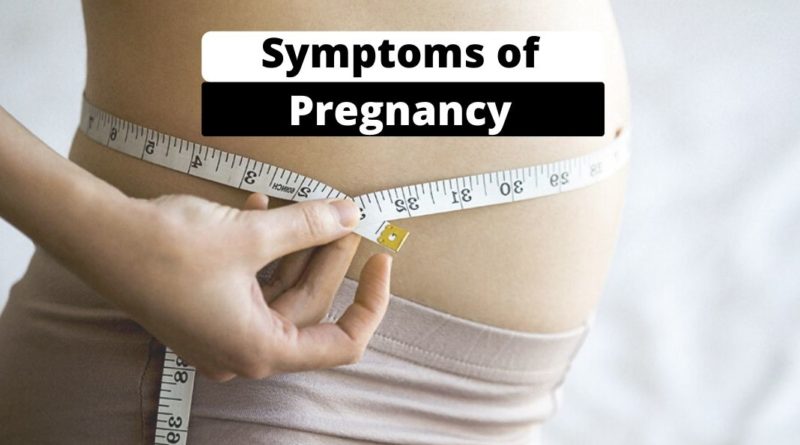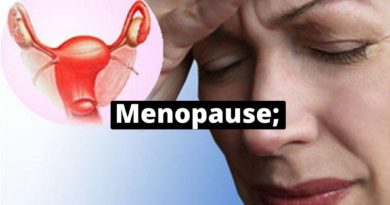Symptoms of pregnancy: What happens first
Although many women have these symptoms, it is important to note that not all organisms react in the same way. We tell you what to know and what to take into account.
To know if a woman is pregnant, the most recommended is to do a pregnancy test, which will confirm if the suspicions are confirmed or if they are ruled out. However, according to studies by Mayo Clinic specialists, it may be detected early if the following symptoms are taken into account. We tell you what they are:
Table of Contents
Common signs and symptoms of pregnancy
The most frequent early signs and symptoms of pregnancy may be:
- Missed menstrual period: If you are of childbearing age and a week or more passes without your menstrual cycle beginning, you could be pregnant. However, if your menstrual cycle is irregular, this symptom can be misleading.
- Sore and swollen breasts: Early in the pregnancy, hormonal changes may cause pain and tenderness in the breasts. The discomfort is likely to subside after a few weeks, as the body adjusts to hormonal changes.
- Nausea with or without vomiting: Morning sickness, which can also occur at any time of the day or night, usually appears one month after becoming pregnant. However, some women experience them earlier, while others never have them. Although the cause of morning sickness is unclear, it is likely that the hormones of pregnancy play a role.
- The increased amount of urination: You may urinate more than usual. During pregnancy, the amount of blood in the body increases, causing the kidneys to process additional fluid that accumulates in the bladder.
- Fatigue: Fatigue is also one of the first symptoms of pregnancy. At the beginning of pregnancy, the levels of the hormone progesterone increase a lot and can cause this sensation.
Other signs and symptoms of pregnancy
In addition, there are other signs and symptoms that are less obvious and that you can present during the first trimester of pregnancy.
- Changing mood: The secretion of hormones in the body early in pregnancy can make you unusually sensitive and weepy. Mood swings are also frequent.
- Abdominal bloating: Hormonal changes early in pregnancy can make you feel bloated, similar to how you feel at the start of a menstrual period.
- Mild spotting: Sometimes a light spotting is one of the first signs of pregnancy. It is known as implantation bleeding and occurs when the fertilized egg attaches to the lining of the uterus, approximately 10 to 14 days after conception. Implantation bleeding occurs near the time of the menstrual period. However, it does not occur in all women.
- Colic: Some women have mild uterine spasms early in pregnancy.
- Constipation: Hormonal changes slow down the digestive system, which can cause constipation.
- Food disgust: You may become more sensitive to certain smells, and your sense of taste may change. Like many other pregnancy symptoms, preferences for certain foods can be attributed to hormonal changes.
- Nasal congestion: Increased hormone levels and blood production can make the mucous membranes of the nose swell, dry, and bleed easily. This can lead to a runny or runny nose.
Are you really pregnant?
Unfortunately, many of these signs and symptoms are not unique to pregnancy. Some may indicate that you are getting sick or that your menstrual period is about to start. Similarly, you can be pregnant without having many of these symptoms.
Still, if you miss a menstrual period and notice any of the signs and symptoms mentioned, get a home pregnancy test or see your doctor. If your home pregnancy test is positive, make an appointment with your doctor. The sooner pregnancy is confirmed, the faster you can start prenatal care.




